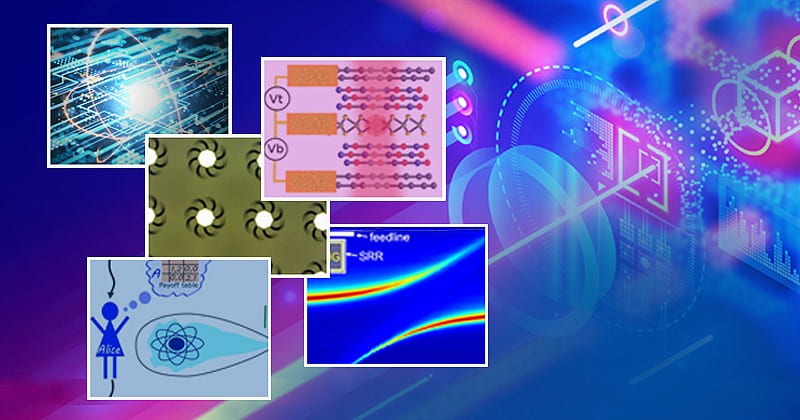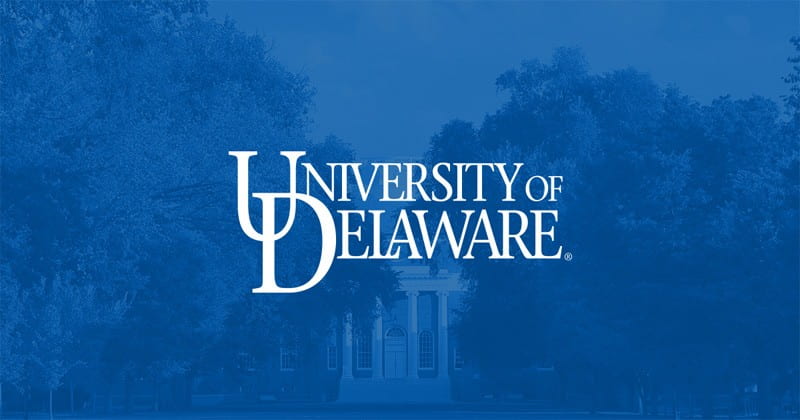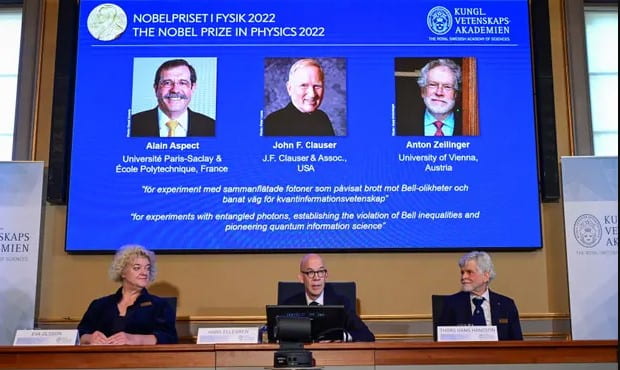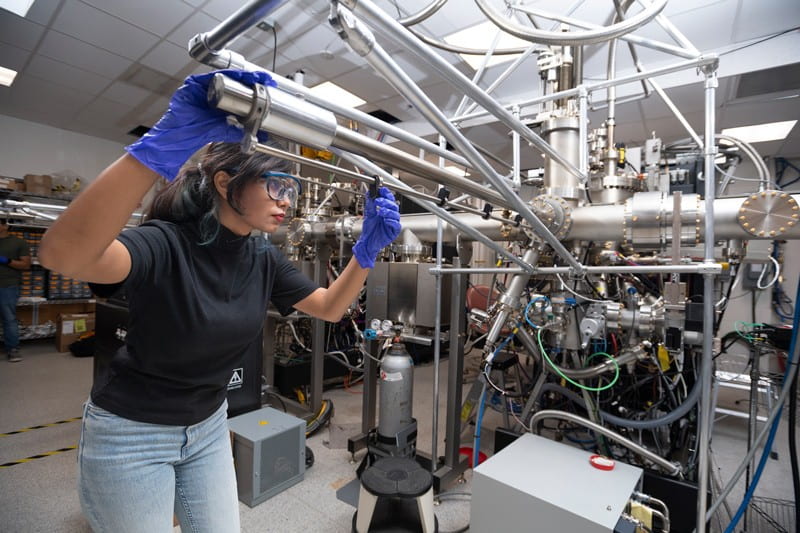Quantum Science and Engineering at the University of Delaware
Quantum Science and Engineering (QSE) is a discipline focused on understanding and exploiting the unusual behavior of particles and excitations governed by the laws of quantum mechanics. The QSE program at UD has two major components. First, we facilitate interactions and collaboration among the UD faculty working on all aspects of QSE. Second, we train a new generation of scientists and engineers with the skills and knowledge required for the “Quantum Workforce” that will carry this field into the future. We invite you to explore both our research and educational programs here!
UD QSE receives $4 million NSF grant to help advance quantum technologies, workforce development
Research
Designing, building and operating scalable and robust quantum devices is extremely challenging. What materials and conditions preserve quantum information the longest? How do we engineer machines that can reliably control qubits when our traditional engineering tools for classical computers cannot be used? What programming or machine language allows us to turn our desired outcomes into a sequence of qubit operations? Researchers at UD are working to answer these questions. Equally important, our QSE program seeks to build a shared base of knowledge and vocabulary among experts from a wide variety of disciplinary backgrounds so that they can collaborate more effectively when tackling these challenges.
UD welcomes its first class of QSE M.S. and Ph.D. students
Education
Quantum science and engineering is the design and study of materials, devices and algorithms that take advantage of the unique properties of quantum systems to realize technologies that can outperform their classical counterparts.
With a curriculum developed to maximize hands-on, project-based learning, University of Delaware graduate students are trained to use state-of-the-art equipment ranging from semiconductor nanofabrication tools to high-performance computers in one of the only programs offering both M.S. and Ph.D. degrees in quantum science and engineering. The interdisciplinary program leverages the talents of diverse experts from departments throughout the University.
News

Quantum puzzle solvers
Written by Eric Ruth | Illustration by Cindy Dolan UD team's precocious paper takes first prize in premier computer engineering competition Quantum computing is a field that’s full of puzzling problems — challenges so big and so rich with potential that labs around...

Quantum computing and finance
Researchers explore quantum computing’s ability to speed solutions for financial sector Over the next decade, quantum computers are expected to have a transformative impact on numerous industry sectors, as they surpass the computational capabilities of classical...

Quantum Computing Workforce
New graduate program puts UD in select company with in-demand degrees It’s a Sunday morning in the fall, and you have four stops to make before your guests arrive to watch the Eagles game. You just found out your friends are bringing their friends, so you have to hit...

Best Student Paper Award
Cameron Ibrahim, a doctoral student in the Department of Computer & Information Sciences who is supervised by Ilya Safro, associate professor, received the Best Student Paper Award at the 2022 IEEE High Performance Extreme Computing conference. Ibrahim’s paper...

Three scientists share physics Nobel prize for quantum mechanics work
Alain Aspect, John F Clauser and Anton Zeilinger win prize for work on phenomenon Einstein described as ‘spooky action at a distance’ The 2022 Nobel prize in physics has been won by three researchers for their work on quantum mechanics. Alain Aspect, 75, John F...

Preparing for a Tech Revolution
UD to help advance quantum technologies, workforce development The science of the small — quantum science and the skillful manipulation of particles as tiny as a single atom or a single photon of light — is driving a big technology revolution. Nazifa Tasnim Arony, a...
